The food and beverage industry stands at an inflection point, with the global market projected to reach $9.4 trillion by 2029 despite facing unprecedented operational challenges. This growth trajectory masks a fundamental reshaping of the sector driven by three converging forces.
Consumer behavior has evolved into a complex paradox: Health consciousness is driving demand for functional ingredients and cleaner formulations, while economic pressures are simultaneously pushing price-sensitive shoppers toward value options. This tension is further complicated by the emergence of weight-loss medications, which is forcing manufacturers to reconsider fundamental assumptions about portion sizing and product development.
Meanwhile, the supply chain vulnerabilities exposed by tariffs are creating volatility in ingredient availability and pricing. These external pressures are compounded by regulatory momentum toward natural ingredients, exemplified by PepsiCo's commitment to eliminate artificial dyes from U.S. products by 2025 — a shift that signals industry-wide reformulation becoming standard practice.
The result is an industry compelled to innovate simultaneously across multiple dimensions: developing premium functional products while maintaining accessible price points, securing resilient supply chains, and reformulating existing portfolios to meet evolving regulatory and consumer expectations. Success will require companies to master this complexity rather than simply choosing between competing priorities.
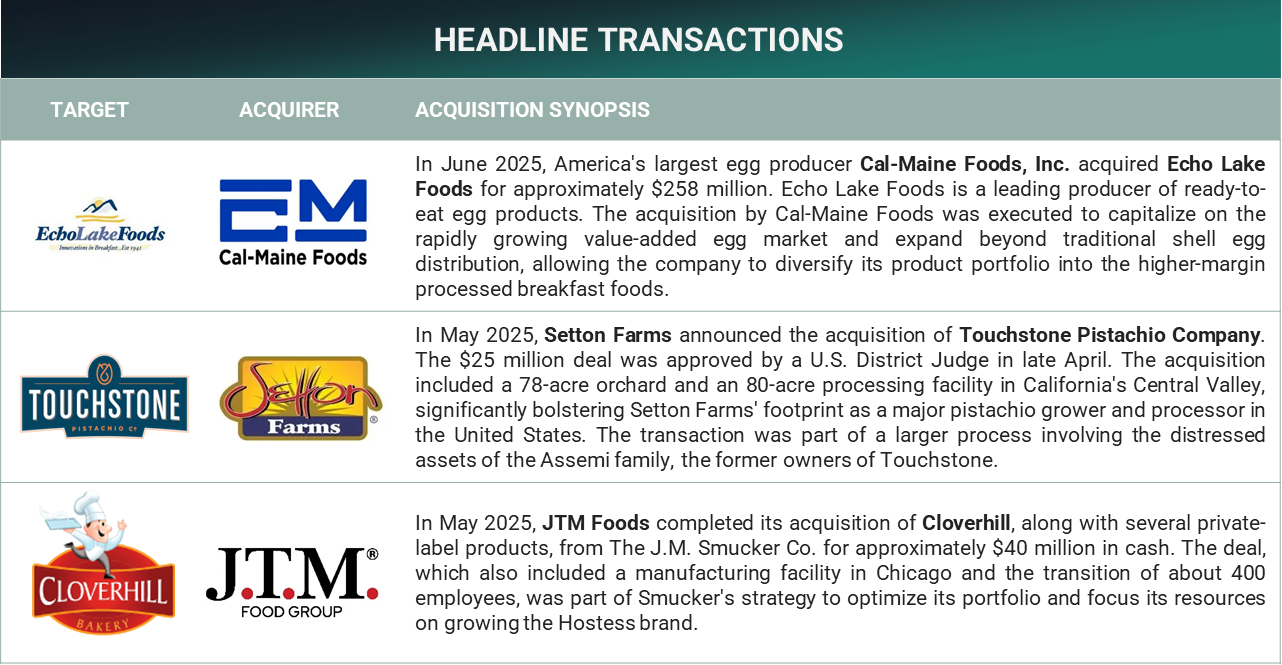
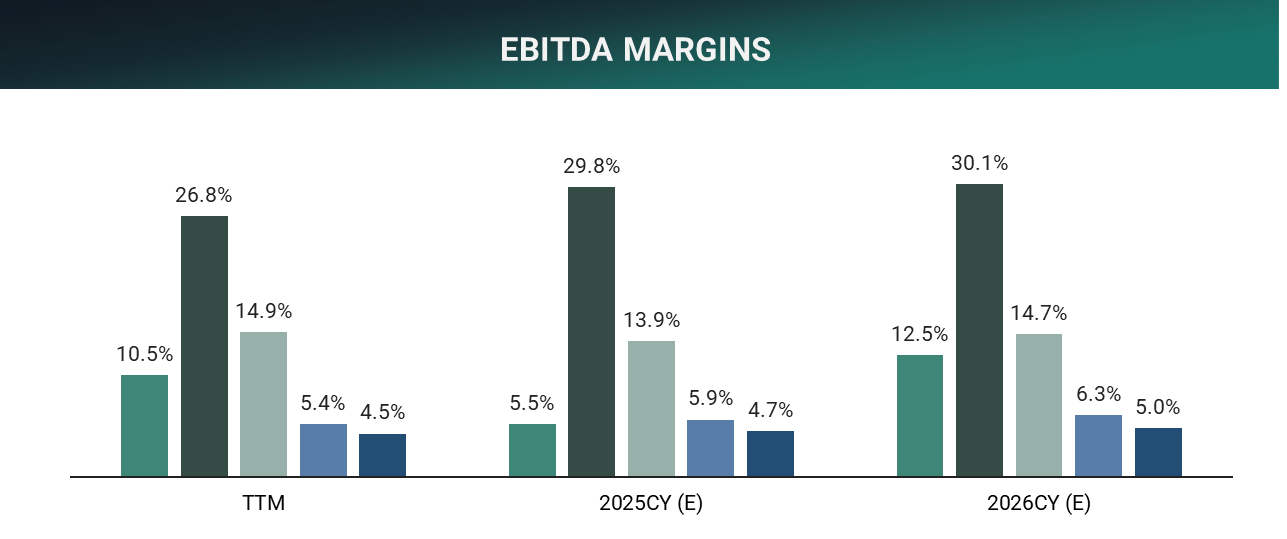
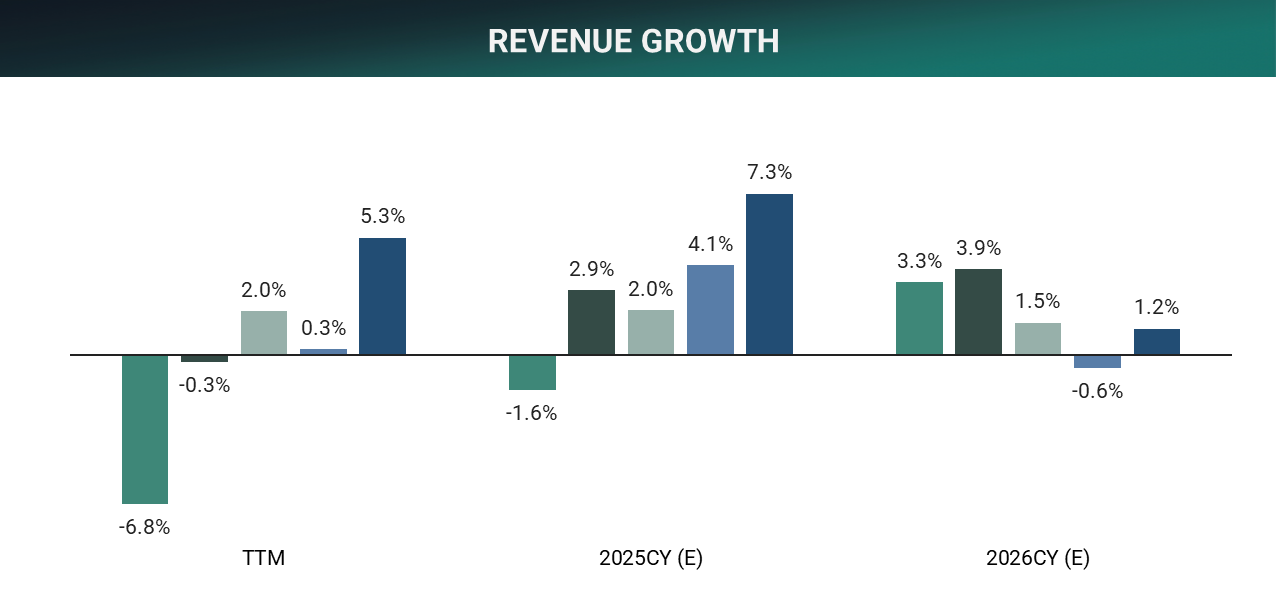

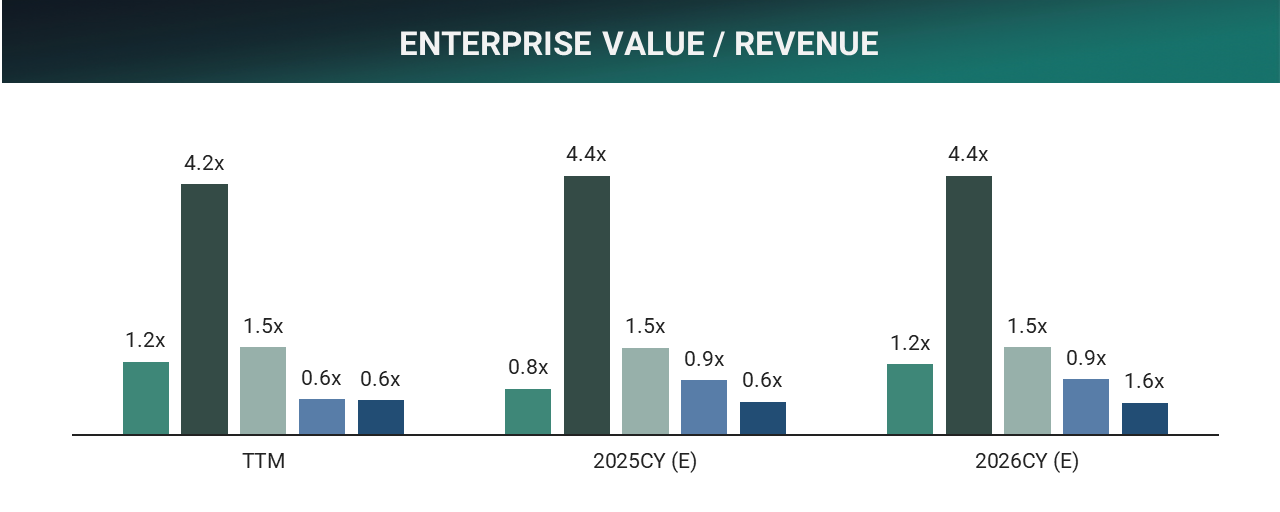
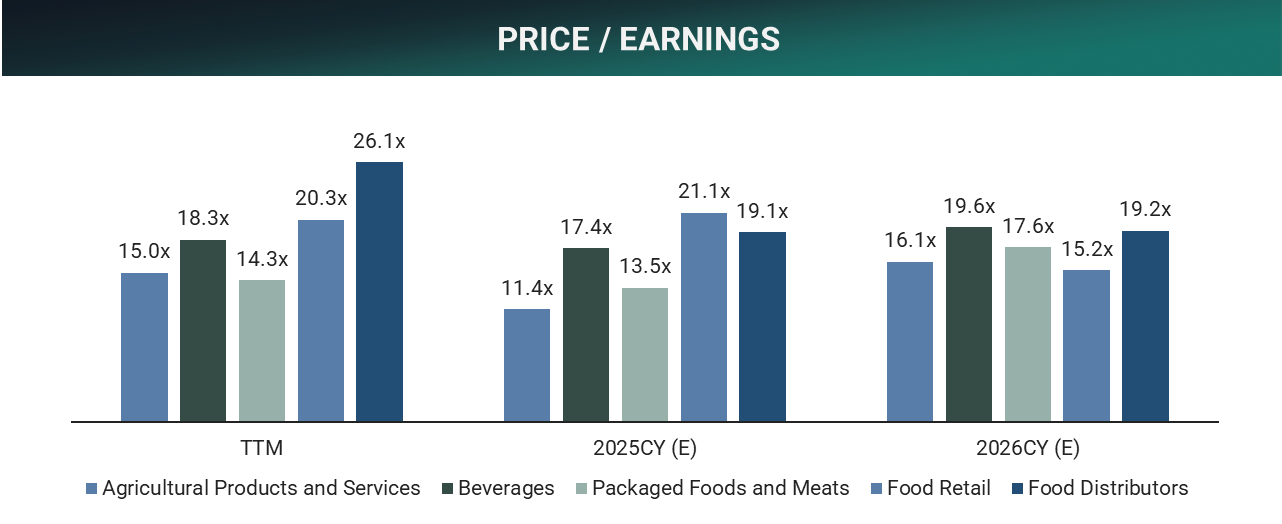
For more information, please contact: Jeff Goodman or Abhishek Pathania.
© Copyright 2025. The views expressed herein are those of the author(s) and not necessarily the views of Ankura Consulting Group, LLC., its management, its subsidiaries, its affiliates, or its other professionals. Ankura is not a law firm and cannot provide legal advice.
 unknownx500
unknownx500










